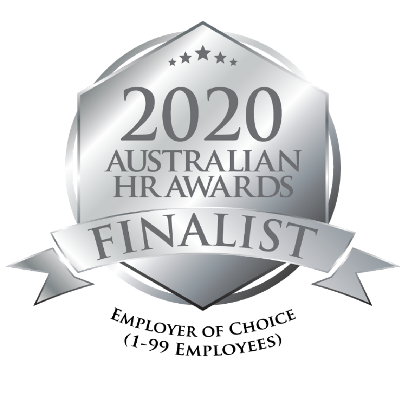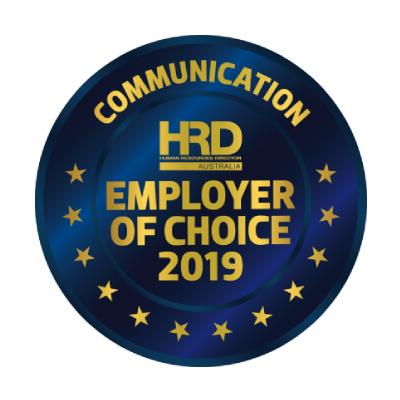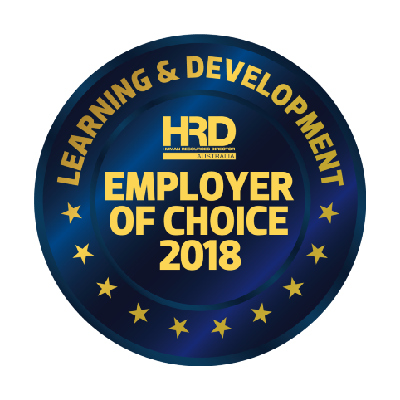By Natalie Welch
The three-year, $528m Royal Commission into Violence, Abuse, Neglect and Exploitation of People with Disability got underway in April of this year.
The Commission was called on the advice of the 2015 Senate inquiry which investigated the abuse of people with a disability in residential and institutional facilities.
As someone who’s worked in this sector for many years, I wholeheartedly approve of the Royal Commission’s intent to ensure malpractice is identified and tackled, and people with a disability are ultimately given the care they truly deserve.
It’s a complex area, which reached a point where a Royal Commission is needed because many things have gone wrong over the years, and now the sector needs to own it, and take on the responsibility of sorting it out.
Whether you believe the Royal Commission will impact you or not, however, now is the time to relook at the business from top to bottom.
The natural inclination, when under scrutiny, is to retreat and protect. Instead, ask yourself how you can actively participate in this, and how you can work with your staff to get the best outcome.
Here’s how you can do it:
1. Talk to your frontline staff
It’s easy to inch away from the day to day when you’re running a business, but now you need to know exactly what’s going on – what are the issues, what’s the reality? It doesn’t matter what you perceive the reality to be – find out what it really is.
Tip: Talk to your frontline staff. Spend days actually doing the frontline jobs. You’ll learn more than you ever thought possible.
2. Don’t underestimate your staff - involve them
There’s no need to shield your team either, work with them through this process. By the very nature of the job they do, they are resilient, tenacious people with a good dollop of grit.
Tip: Establish a means for staff to come forward and share their experiences honestly, openly and without repercussion.
3. Keep communication lines open and alive
I was talking to a friend of mine who’s worked in the disability sector for the past ten years as a support worker. He was completely unaware that the Royal Commission had started. Everyone in your organisation should know what’s happening, why it’s happening, and what the latest is.
Tip: Establish a mechanism for communication – be it a daily email, weekly video conference. Some organisations are putting a dedicated team in place to communicate with the rest of the workforce. However you do it, keep your staff informed.
If you're a leader in the disability sector and you need some support, talk to the team at PHR today.
4. Prepare your staff
What happens if your organisation is caught up in the inquiry? How are you going to arm them to respond to questions – even if it’s just from friends at a BBQ?
Tip: As well as keeping lines of communication open, hold sessions to inform your staff of the latest news, so they’re not caught off guard, and give them the facts to respond thoughtfully and intelligently. Some organisations may choose to do this internally, others may choose professional media training.
5. Be prepared to change
The disability sector is one that’s in a constant state of change. Those organisations that are ready and willing to change are going to be the ones who come out of this period with the ability to flourish.
Tip: Prepare your business models and your change agility – companies such as PerformHR can help you get onto the front foot with sessions specifically designed for the disability sector.
Minimising the perfect storms
The disability sector is a hugely complex one, with many moving parts. It only takes a few of those moving parts to align for something to go seriously wrong.
More often than not, people are responsible for those moving parts and, with the right training, systems and processes in place, those holes that appear can be prevented.
The vast majority of issues that I believe will arise from the Royal Commission will be to do with people due to systemic breakdowns.
However, it’s too easy to blame individuals.
And, while the media likes to focus on the ‘horror stories’ – the intentional harm – the reality is those cases are few and far between.
Overall, the sector has been let down by a systemic failure to invest in people well, resulting in a fragmented workforce.
It’s been let down by a systemic failure to make people accountable. There’s a significant lack of systems and processes.
Fortunately, it’s the people, the systems and the processes that hold the key to a brighter future, too.











